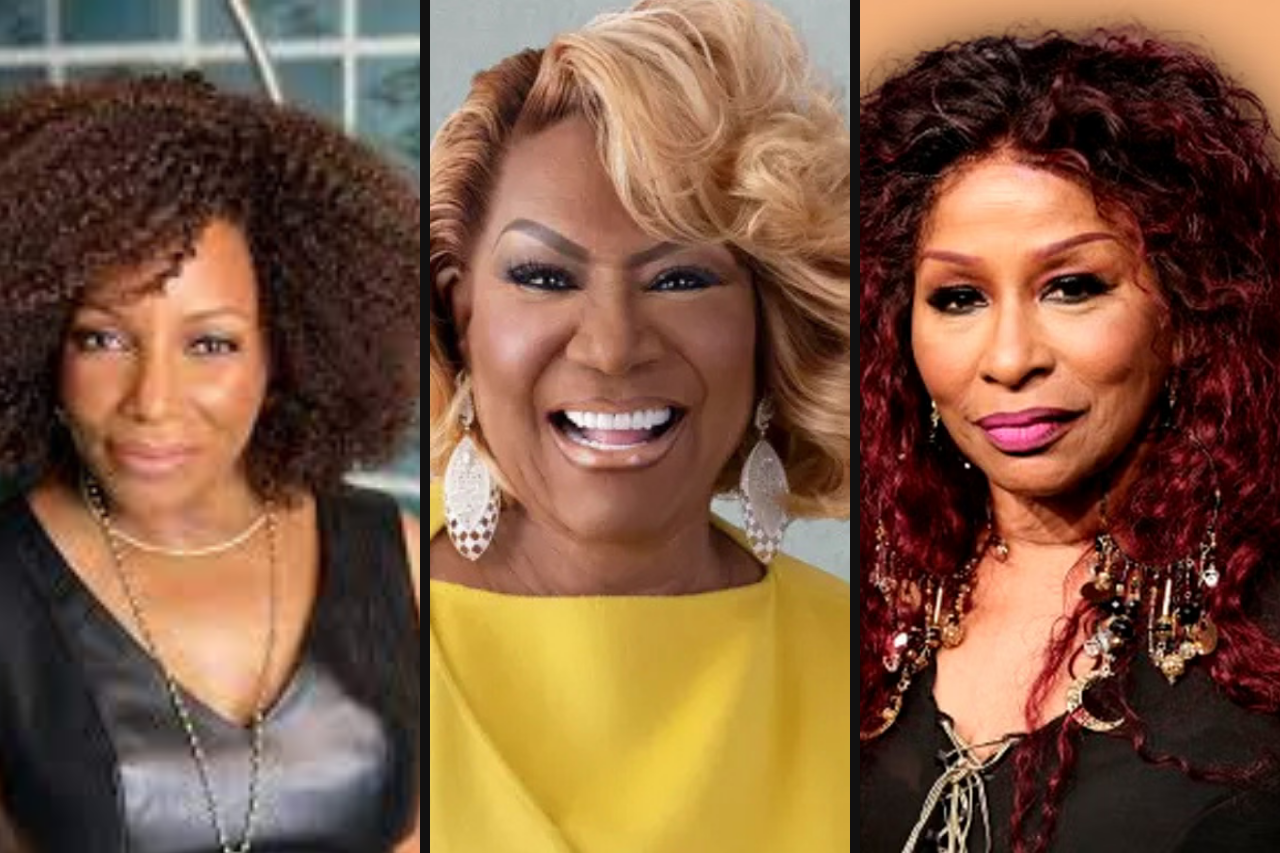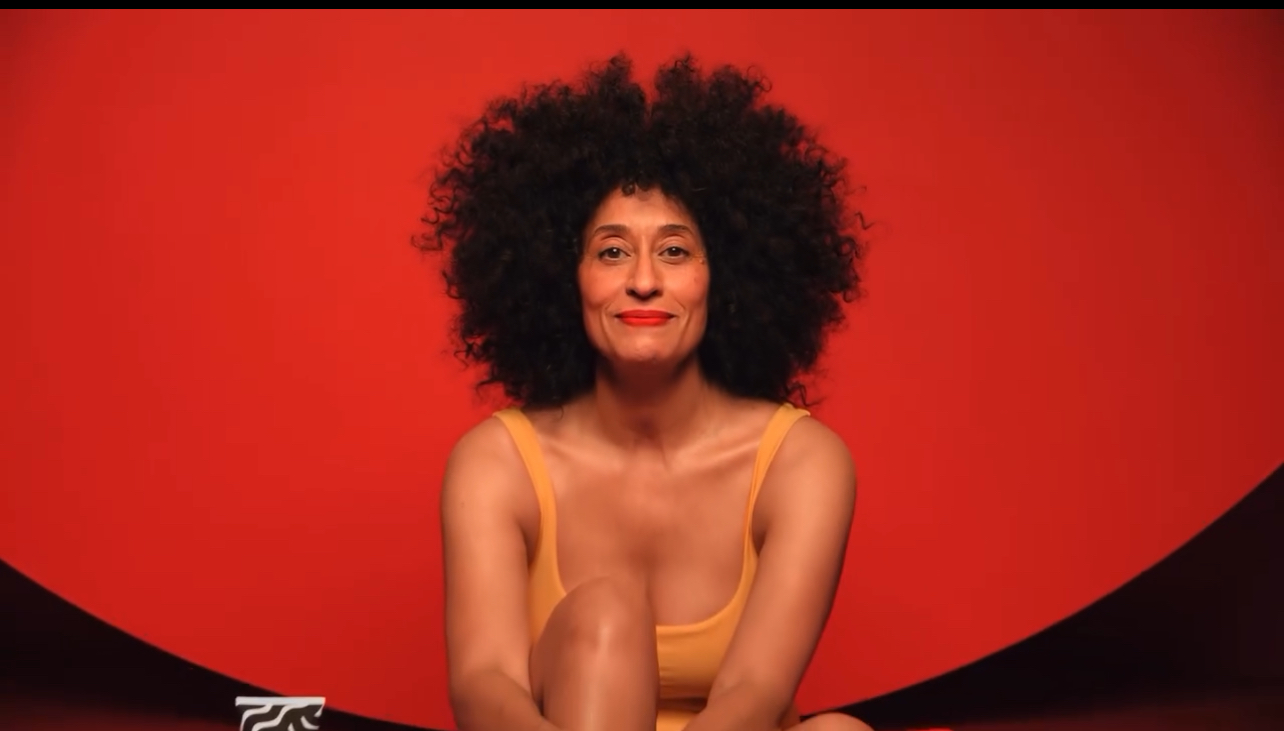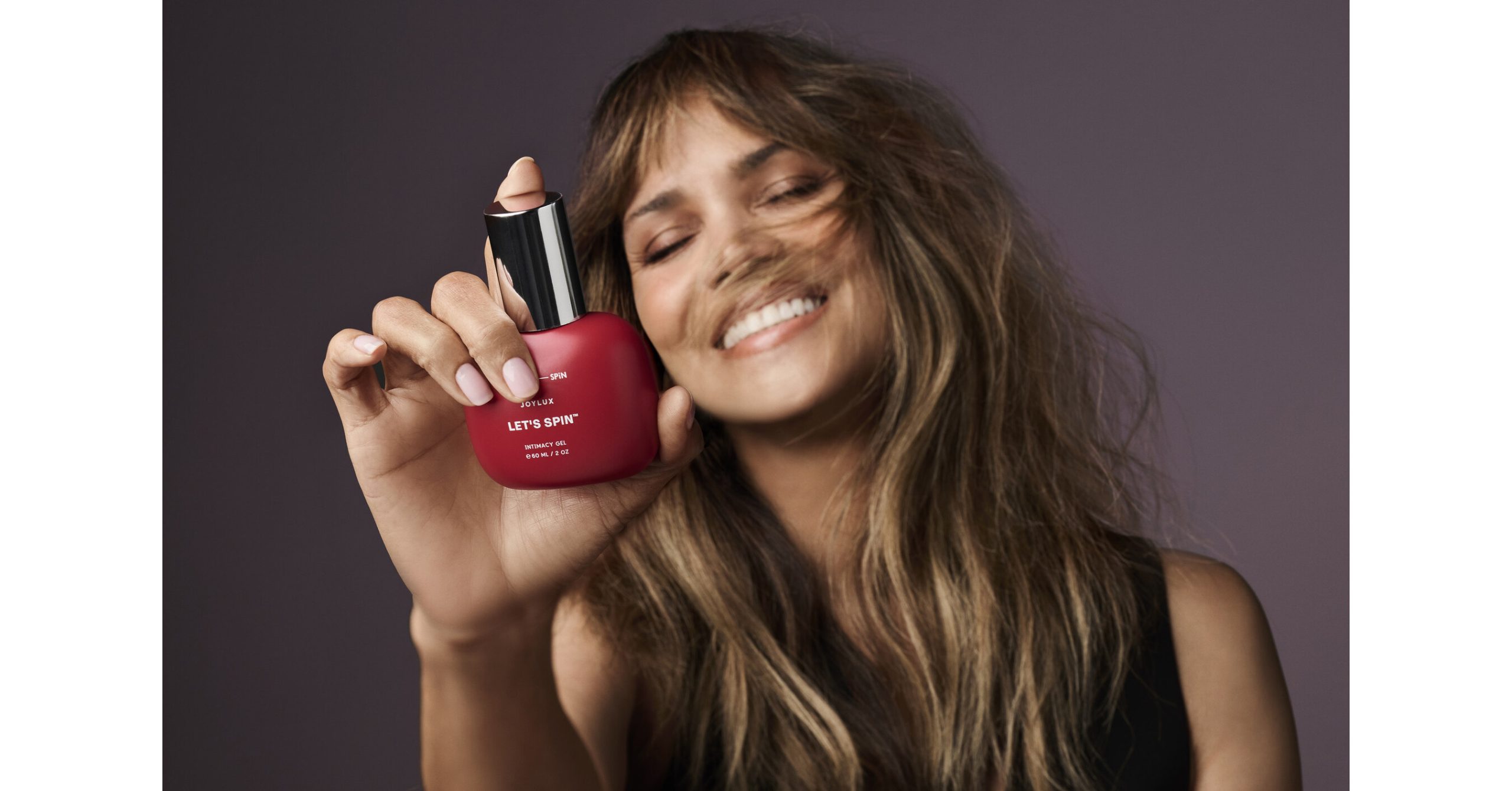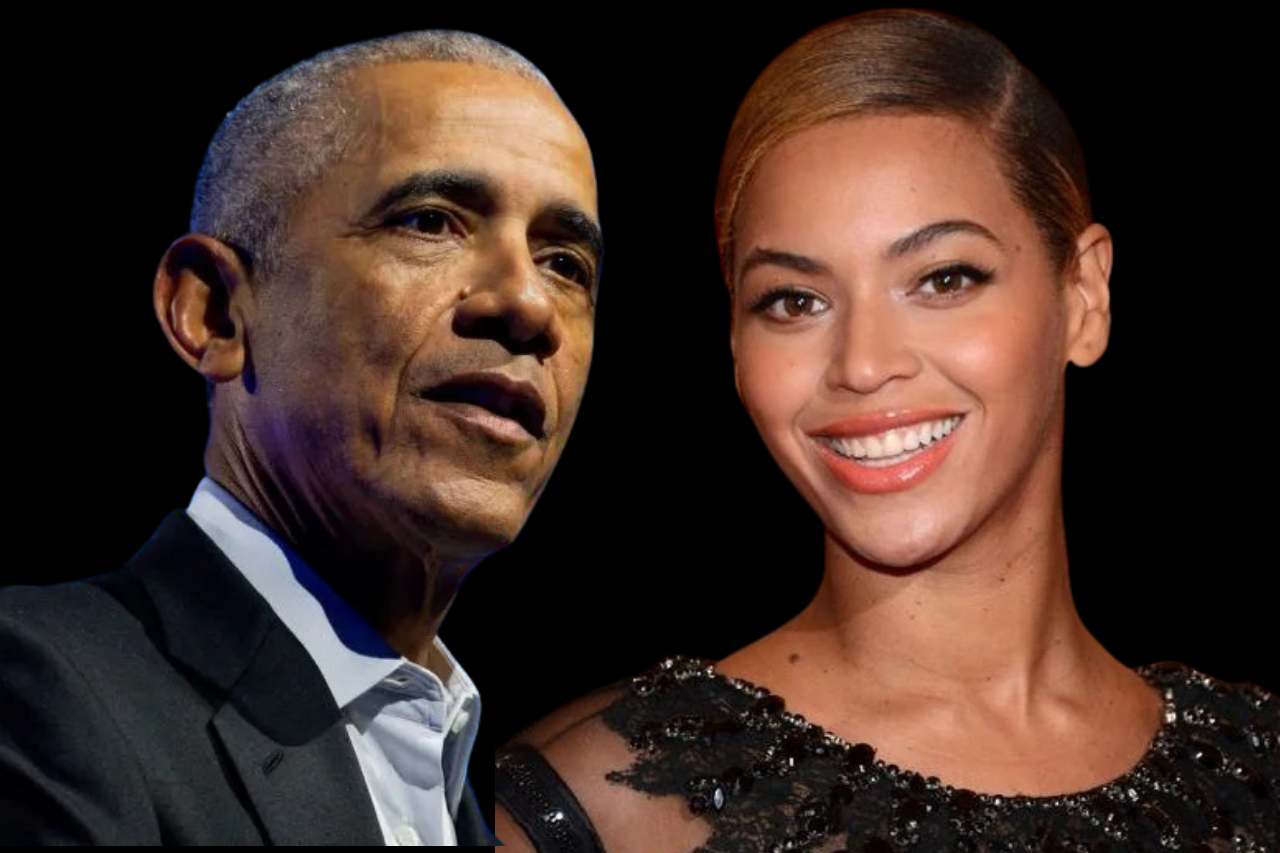When Stephanie Mills, Patti LaBelle, and Chaka Khan appeared together on The Breakfast Club on September 12, 2025, it was more than just a celebration of legendary voices. It was a rare moment of honesty about the cost of being a Black, female music icon across decades when image, age, and beauty standards carry invisible weights. Their conversation, about nose jobs, industry pressure, the so-called “diva” label, and aging in the spotlight, left listeners not just impressed by their careers but moved by their truths. For fans, for younger artists, for anyone curious about how to survive and thrive in the music world, there is much to learn. And it points toward something powerful, a need to continue this conversation in a dedicated space where these stories can be named, unpacked, and honored. It is clear that a podcast, perhaps called Grand Dames: Legacy Unscripted, could be that space.
From the interview:
- Stephanie Mills (68) said she had a nose job back in the early 1980s. She admitted that the changes felt necessary at the time. She was influenced by the late Michael Jackson and by what she saw other people doing. Mills recalled that after her surgery, Patti LaBelle visited her for dinner, saw the result, and that planted its own seed.
- Patti LaBelle (81) shared that she too had a nose job. She said she was influenced by Mills, and also by a manager early in her career who made harsh comments about her appearance. LaBelle admitted that seeing Mills’s new nose, seeing what others around her were doing, made her think she might need to change something to get more opportunities. She believed it probably did help her professionally.
- Chaka Khan (72) provided a strong contrast. She said she has never done any cosmetic surgeries, including a Brazilian Butt Lift. Her words: “You could not cut me for nothing.” She emphasized that her body is as it has always been.
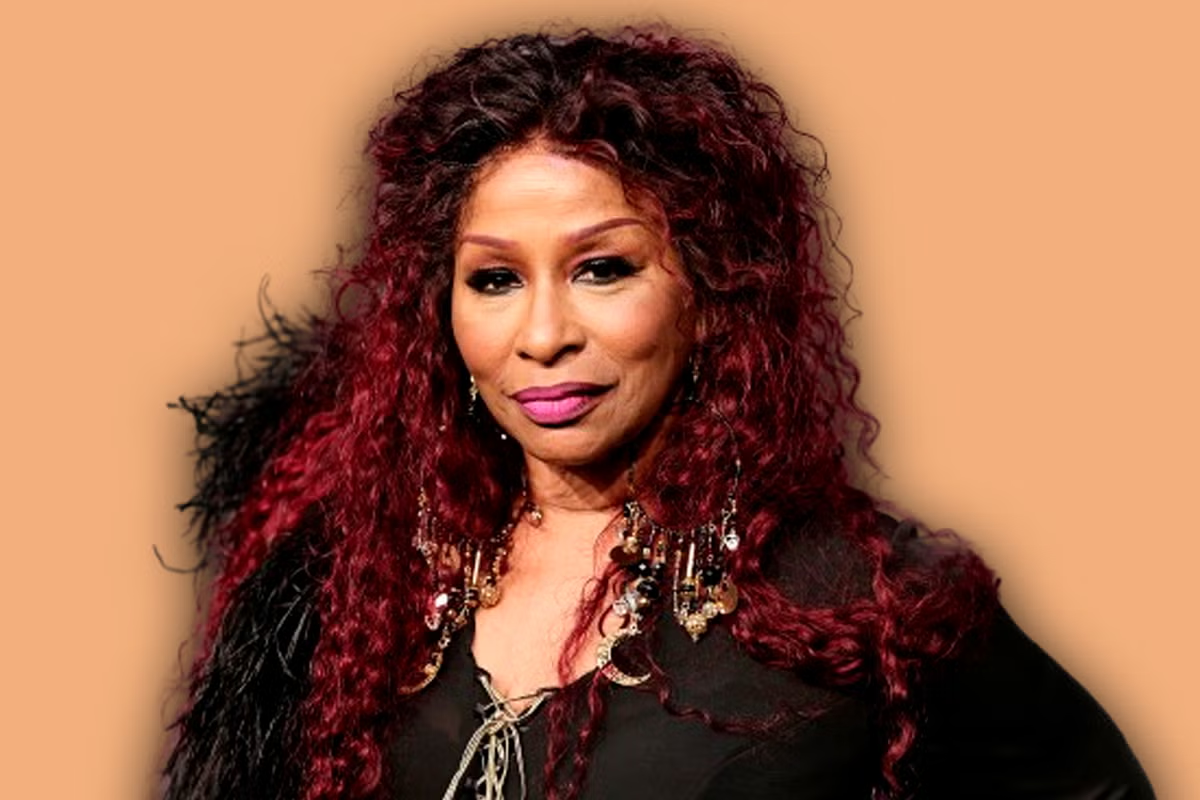
They also spoke about how the term “diva” is double-edged: revered on the one hand, often used to demand perfection or to police behavior on the other. Longevity was a theme: the persistence required to maintain voice, relevance, self-esteem, and agency when the public tends to valorize youth and novelty. Issues like colorism, image, aging, and being judged by standards not of their making came up again and again. For Mills and LaBelle, those pressures included specific beauty expectations for Black women: for example, feeling shame or insecurity about having a broad nose. For Khan, the choice was rejection of those external pressures.
What these icons disclosed is not unique in music or celebrity culture, but the combination of their frankness and their status makes it striking. Some broader data helps us see how common and how heavy these pressures are.
- Today, globally, cosmetic surgery and aesthetic procedures are growing rapidly. In 2023, nearly 35 million aesthetic procedures were performed worldwide. Of those, over 15 million were surgical, and the rest were non-surgical. Non-surgical treatments are increasingly popular because of less downtime.
- According to a 2024 survey from the American Academy of Facial Plastic and Reconstructive Surgery, face-lifting and surgical facial rejuvenation, rhinoplasty (nose jobs), eyelid surgeries remain among the most requested procedures, even among people aged 35-55. There is an increasing interest in maintaining youth of appearance from earlier ages.
- Discrimination based on age (ageism) is widespread among women. AARP research indicates women over 50 experience high levels of discrimination. Many report pressure to look younger, to conform. More than one third report that social media, workplace, or society more generally push them toward cosmetic changes.
- Studies have shown that people who perceive age-based discrimination often report worse self-rated health, lower self esteem, and stronger anxiety about their aging. In a study of patients at a cosmetic clinic, over 30 percent said age was the main reason for everyday discrimination they faced.
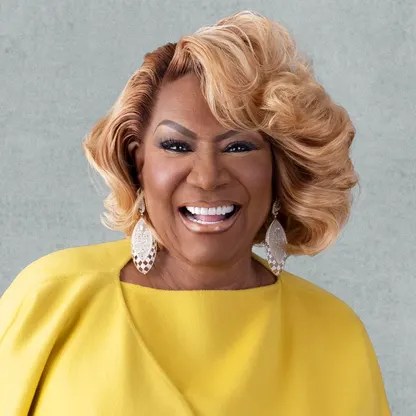
“I never thought I would have staying power in the industry because I had an issue also with my being a Black woman with a big nose.”
The pressure these women described is part of patterns affecting millions: women hearing, seeing, or being told that appearance matters; that age is a liability; that beauty standards are a gatekeeper to opportunity. For Black women in particular many of those standards come with extra layers: expectations shaped by racialized beauty ideals and colorism.
Given what came out of that Breakfast Club interview, the idea of a podcast has a strong appeal.
Imagine Grand Dames: Legacy Unscripted as a series of conversations with seasoned Black women artists and creatives about their journeys: their early days, the moments they changed for others, the moments they refused to, what they sacrificed, what they gained. Each episode might focus on a theme such as image and beauty, aging, mentorship, activism, mental health, or storytelling.
The tone would be open, grounded, sometimes critical, but always respectful. Listeners would hear not promotional stories but lived experience—both victories and losses. The format could be interview style, allowing the icons to tell stories in their own words. Perhaps occasional panels, or “roundtables” with two or three of them talking together. Also archival audio, photos, reflection from younger artists or fans about legacy.
Beyond Mills, LaBelle, and Khan, Grand Dames could open its microphone to other elders of style and sound—voices like Diana Ross, Gladys Knight, Roberta Flack, and Dionne Warwick. Each has lived through distinct eras of change in music, image, and social justice, and each could illuminate themes rarely explored in depth: from touring the segregated South in the early years, to navigating the disco backlash, to maintaining a brand without surrendering identity. By weaving their testimonies into the series, the podcast would create an intergenerational archive of wisdom, offering listeners not just nostalgia but living history, mentorship, and a blueprint for how to last in industries that often prize novelty over experience.

Stephanie Mills, Patti LaBelle, and Chaka Khan are perfect founding voices if Grand Dames existed. They represent decades of trailblazing: from the 60s, 70s, 80s, 90s, into today. Their differences matter: Mills and LaBelle speaking about altering appearance under pressure, Khan speaking of refusal, of natural identity. That juxtaposition itself is teaching. Additionally, their careers span multiple styles, including soul, funk, R&B, and pop. They have worked through changing technologies in entertainment and changing social attitudes. They also command respect and have loyal followings who want more than just their hits; they want their stories.
We are in a moment when conversations about aging, body autonomy, race, and beauty standards are louder than ever. Social media has forced visibility but also intensified comparison. At the same time mental health conversations are destigmatizing vulnerability. Audiences are hungry for stories that are real not polished.
The Breakfast Club moment was important not because it revealed new scandals but because it revealed sincerity. When Patti LaBelle says the manager was mean, when Mills says she thought she needed to change her nose because others did, when Chaka Khan rejects even knowing what a “BBL” is—it all offers reality, tension, choices. Those are exactly the kind of stories Grand Dames could hold.
A podcast such as Grand Dames would not just memorialize these voices but allow them to lead. Lead conversations that matter. Lead younger generations to see that sometimes survival means saying no, sometimes saying yes, but always knowing whose story is being told. It could be a corrective to a music culture that too often silences older Black female experience. It could help reframe our cultural memory so that the value lies not only in early fame but in decades lived and felt.
Listening to Mills, LaBelle, and Khan on The Breakfast Club does more than satiate nostalgia. It reminds us of what many already know: that success in performance is never just about talent. It is many things, including how much you are willing to reshape yourself, how invisible pressures shape your appearance, how age is treated in public life, and how race adds texture to every expectation.
If Grand Dames were to become real, it would not be about worshipping icons but about witnessing power, struggle, grief, choice, and survival. It would be about passing on wisdom. It would be about showing that legends are not only those who hit #1 but those who survive being looked at, judged, changed, and still sing, still tour, still exist on their own terms.
There is room in our culture for more conversations like the one Mills, LaBelle, and Khan are now having. May Grand Dames be among them.
TAKE THE POLL
Discover more from MidScroll
Subscribe to get the latest posts sent to your email.
